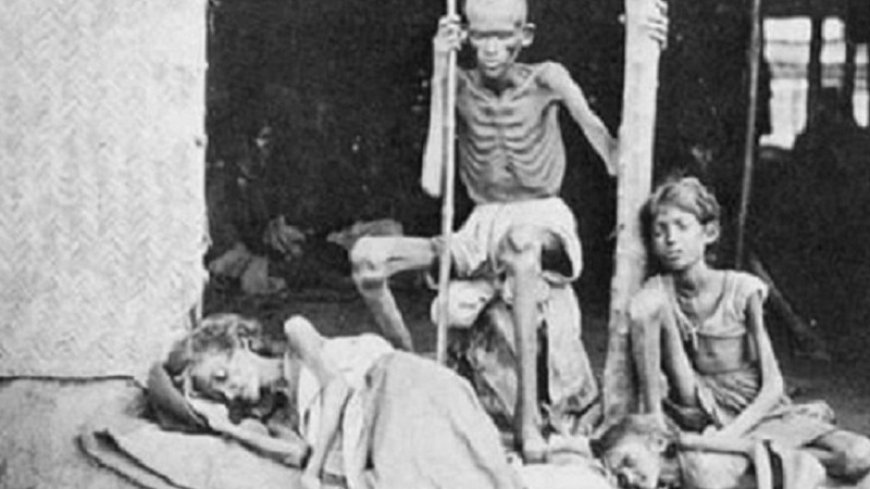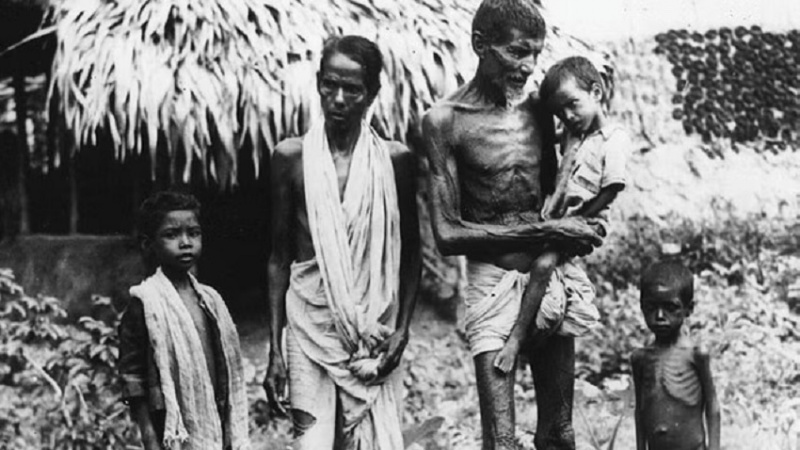Britain must pay reparations to India for killing 100 million Indians
Between 1880 and 1920, more people died in India as a result of British colonial policies than in the Soviet Union, Maoist China and North Korea combined.

Between 1880 and 1920, more people died in India as a result of British colonial policies than in the Soviet Union, Maoist China and North Korea combined.
According to the research of Professor Jason Hickel of the ICTA-UAB Institute of Environmental Science and Technology and Dylan Sullivan, Master of Political Economy at the University of Sydney, between 1880 and 1920, at least 100 million Indians were victims of Britain's colonial policy.
The foundation of British colonial policy in India was laid in 1599. With the establishment of the East India Company. The company strengthened Britain's colonial policy in various regions of South Asia. Since then, contacts with South Asian countries were carried out through this company.

Three centuries after the founding of the Company, as a result of Britain's colonial policy, India was declared a part of the British Empire and Queen Victoria was crowned as Queen of the British-Indian Empire. During this period, which is called the era of Indian plunder by the British, under the guise of economic relations and trade, Britain expanded its political influence in that country.
According to economic historian Robert Allen, extreme poverty in British-ruled India rose from 23 percent in 1810 to more than 50 percent by the mid-20th century. During this period, the wages of Indian workers fell sharply, reaching almost zero in the 19th century, while the country's inhabitants suffered from starvation. According to official data, life expectancy in India during British colonial rule was reduced to 21.9 years. According to many British people, London continues to conduct its colonial policy even today.
According to a poll conducted by the British company YouGov, 32% of Britons are proud of the country's colonial history. "There are 200 countries in the world. And only 22 of them were not invaded by Britain."
Invasions for which that country is not ready to apologize and pay reparations. History cannot be changed, nor can Britain's crimes be forgotten. However, the payment of reparations can reduce the effects of colonial era deprivation and inequality.
For example, after apartheid, South Africa paid reparations to those killed by the white minority government. Germany also recently agreed to pay reparations to Namibia for crimes committed in the early 1900s.
Source: Al Jazeera













































